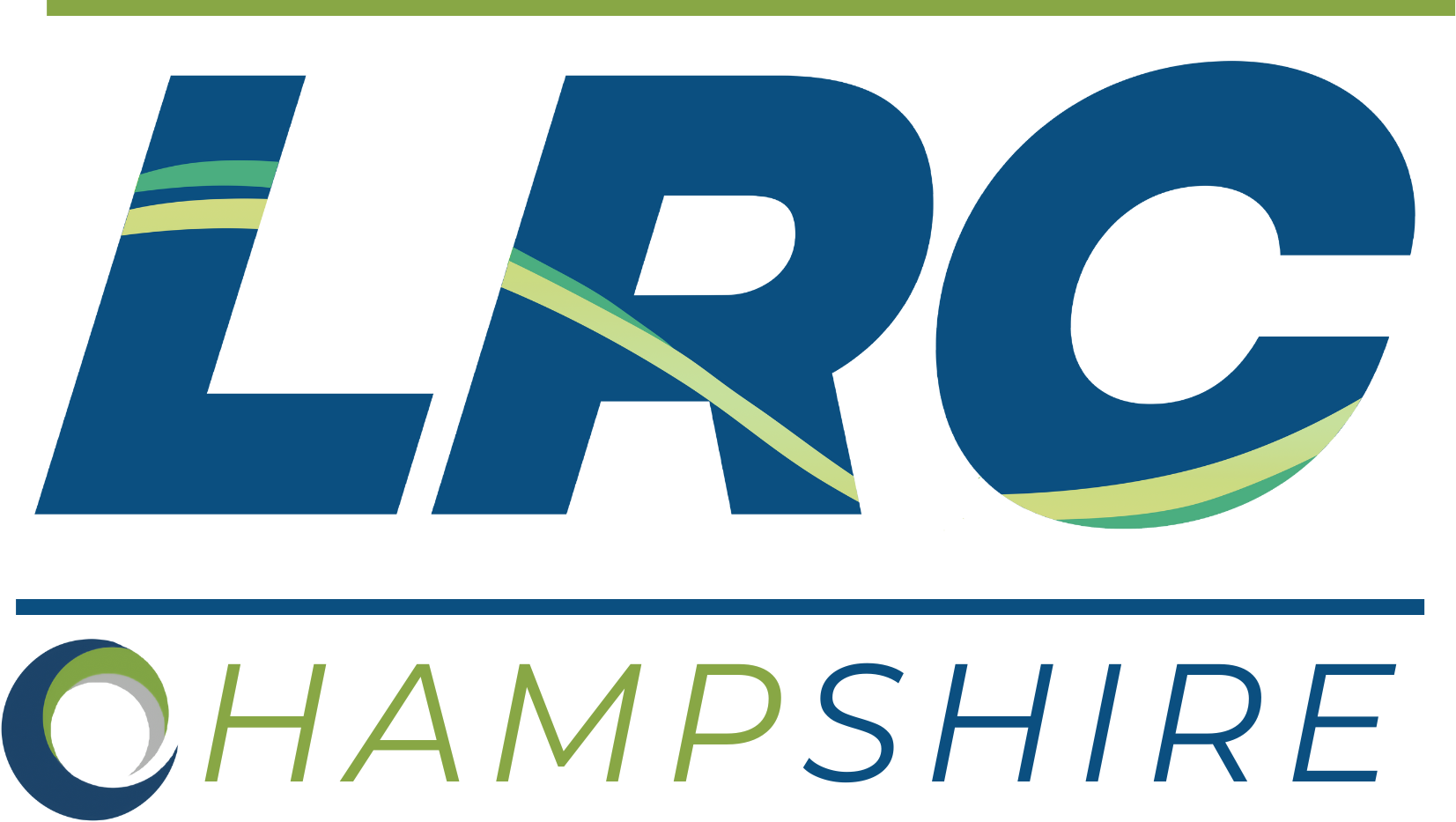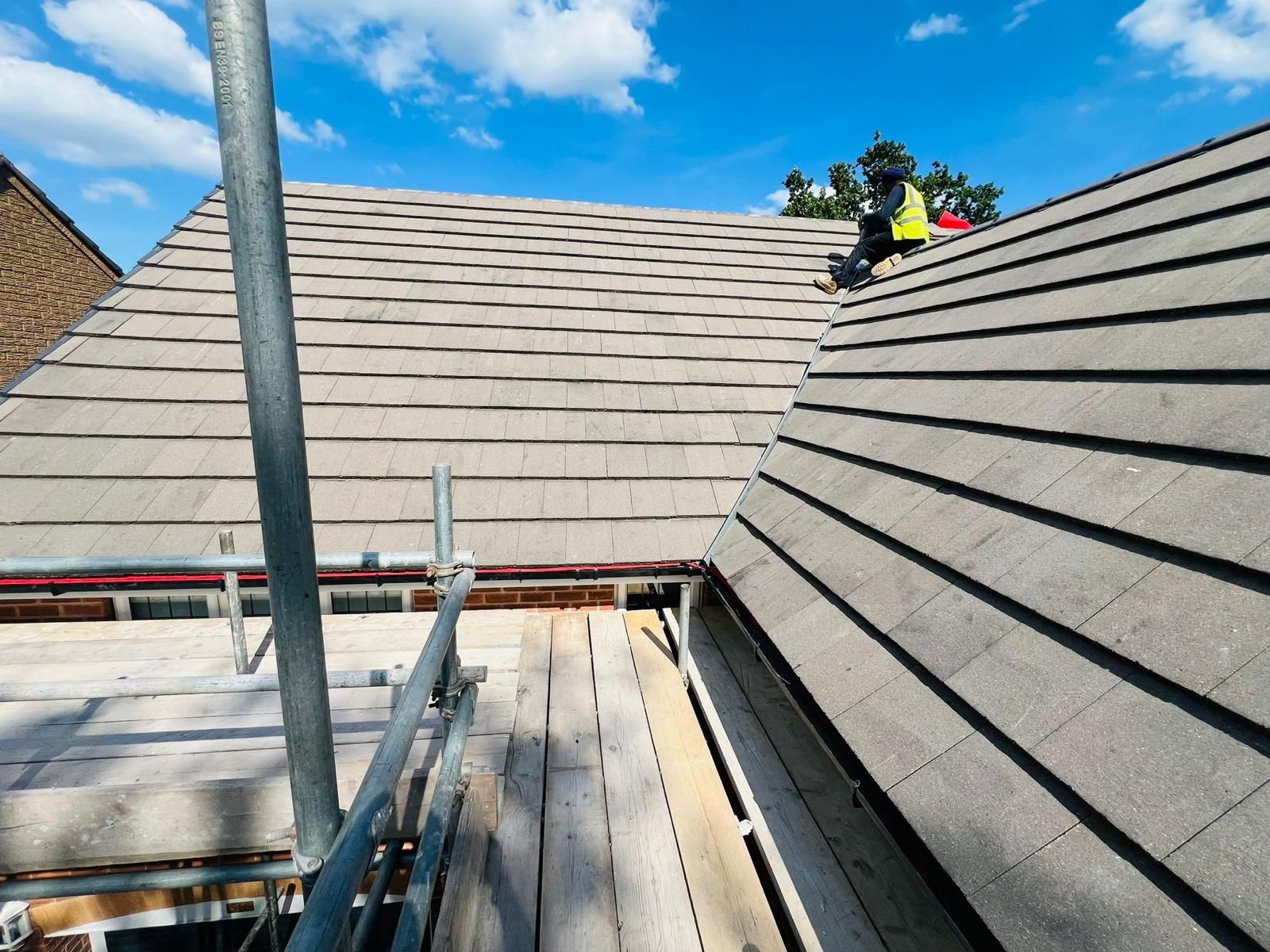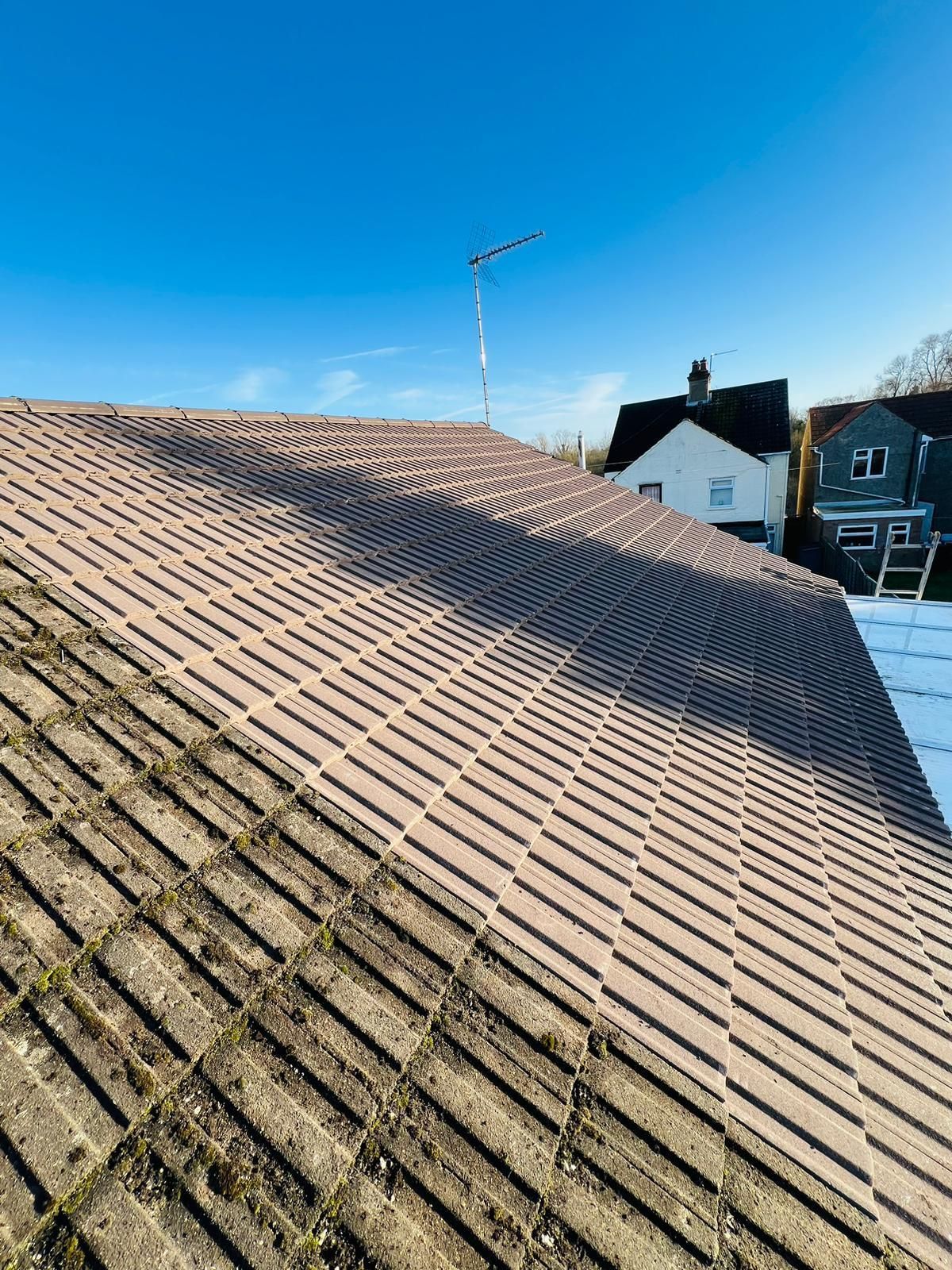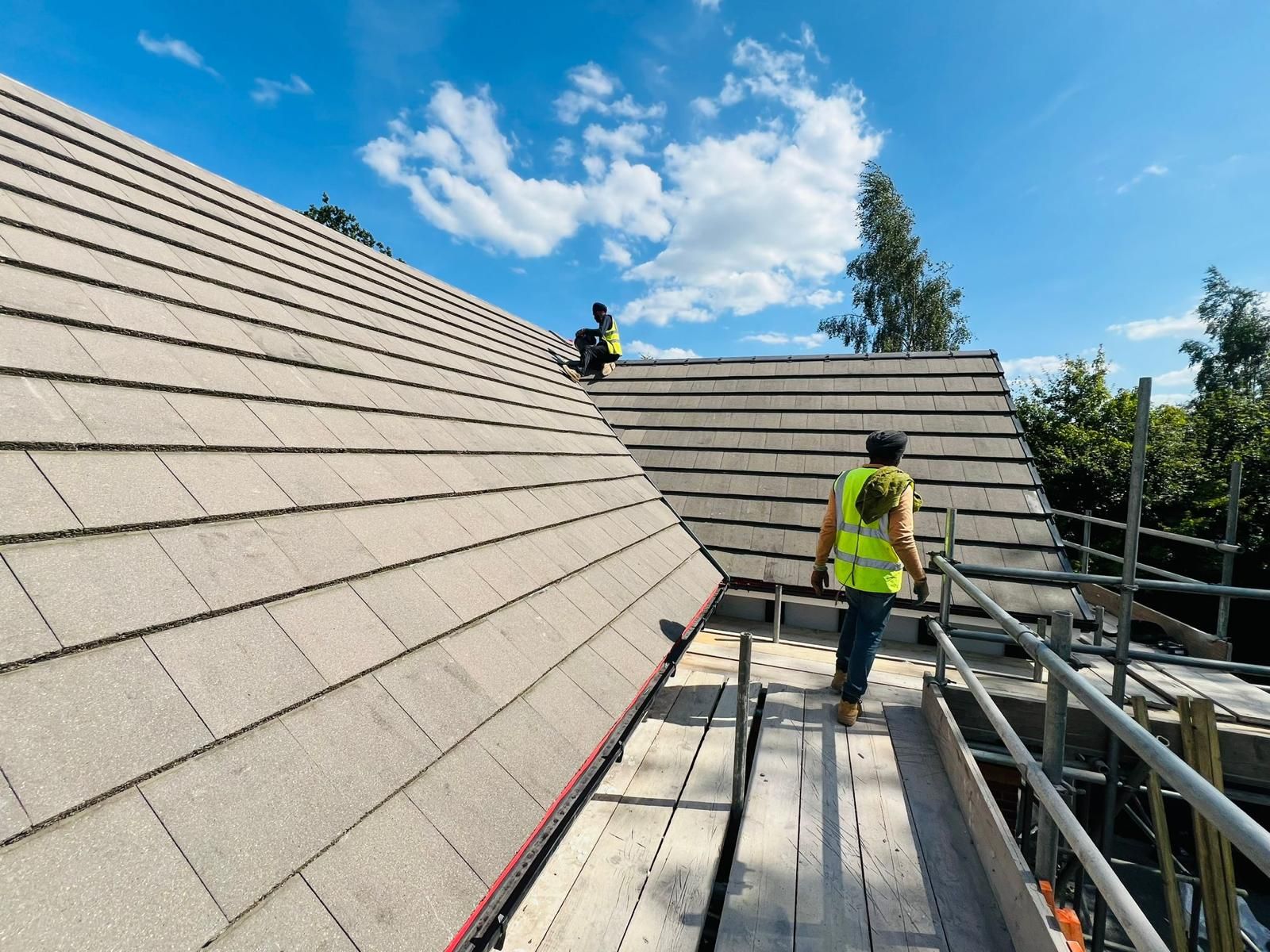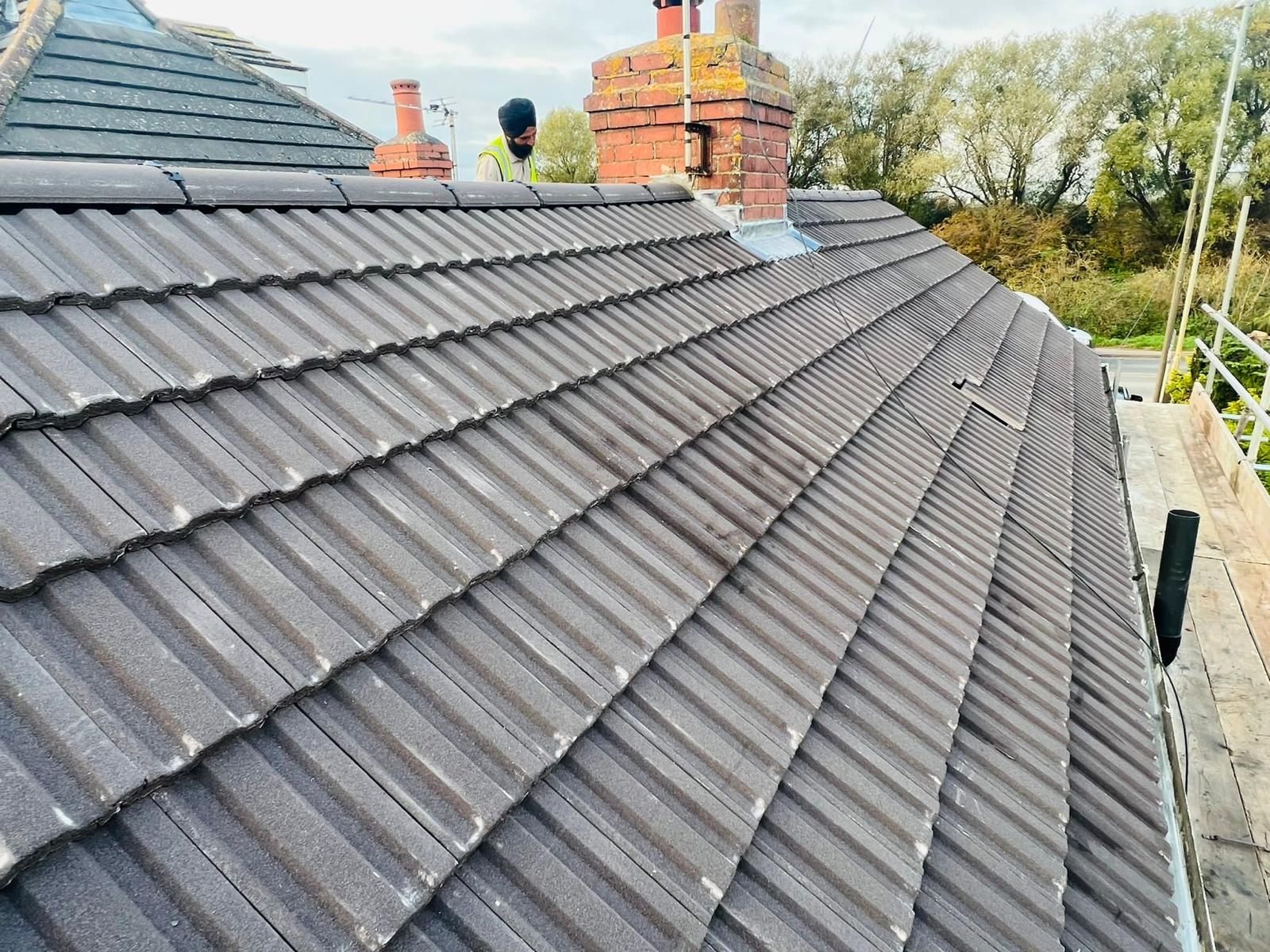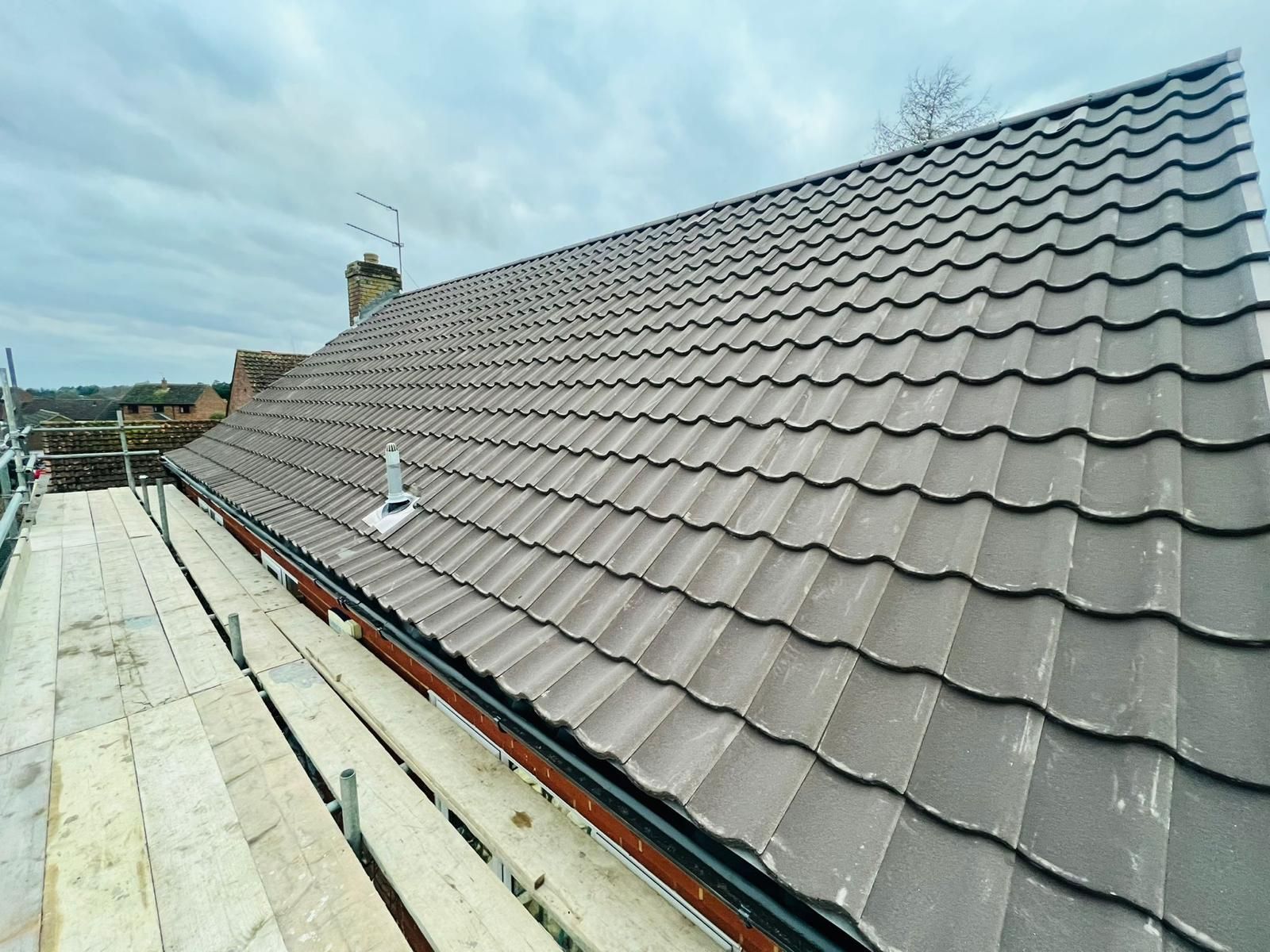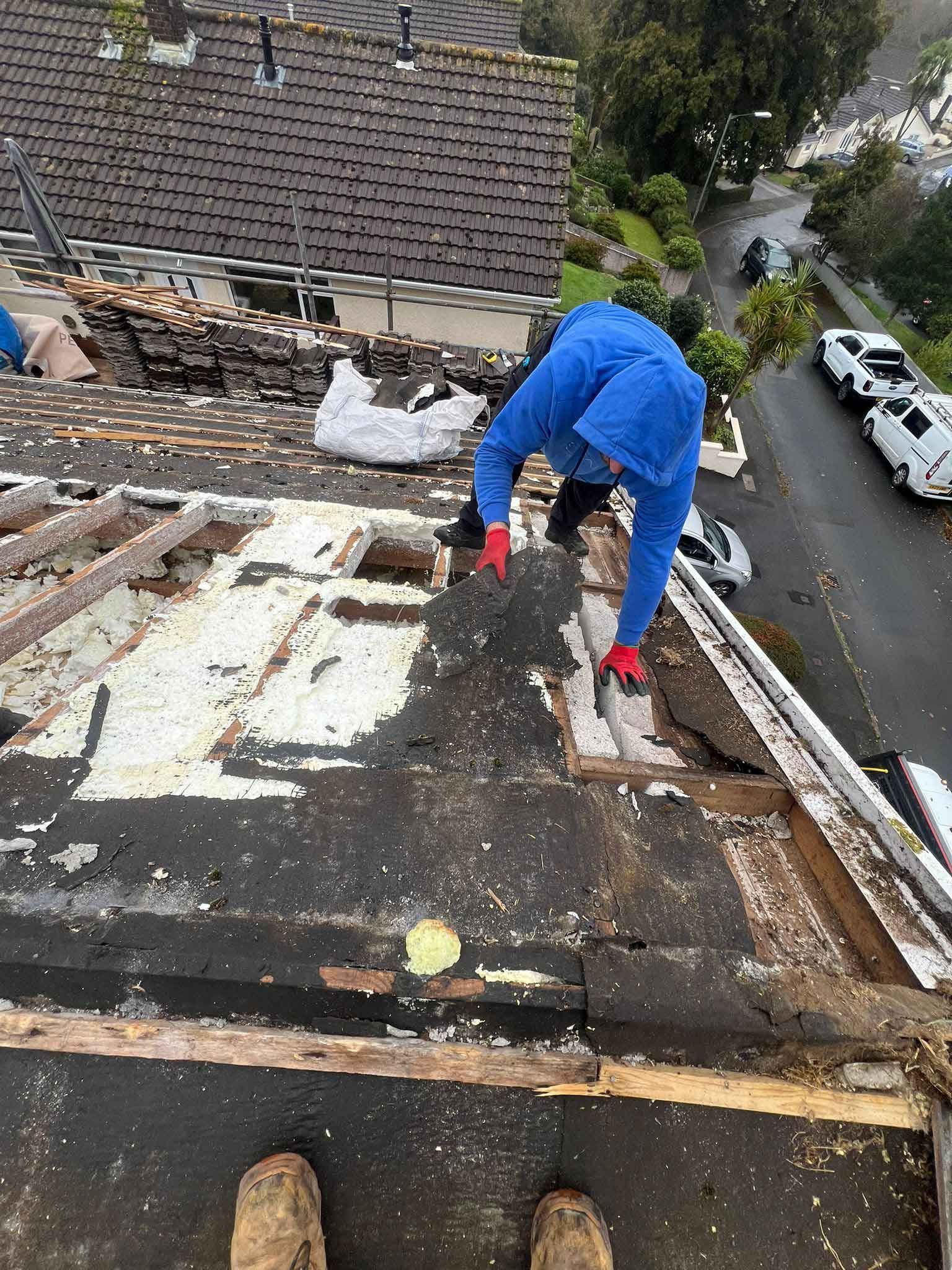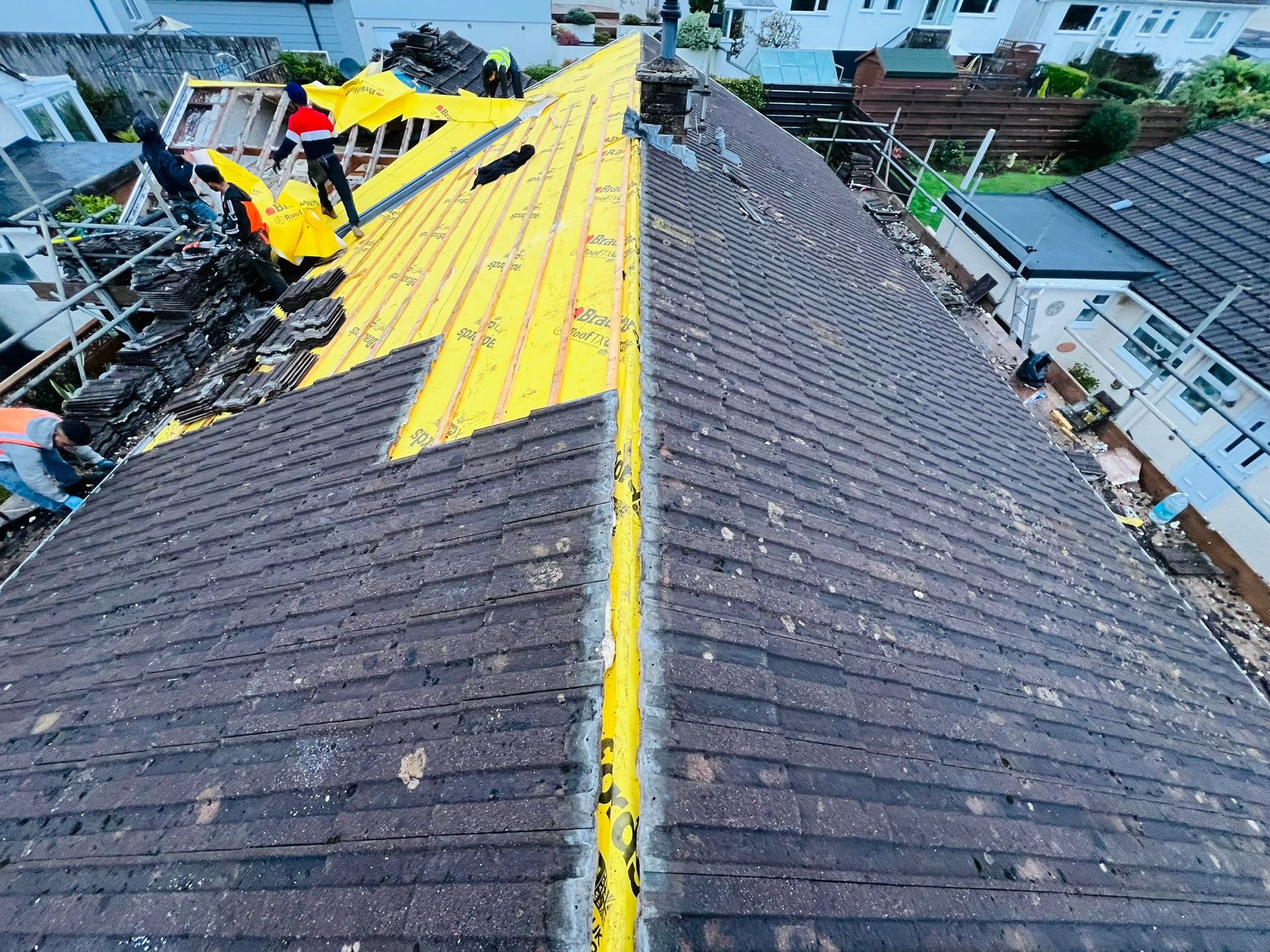FLAT ROOFS VS. PITCHED ROOFS: WHICH IS BETTER FOR YOUR HOME?
When it comes to roofing decisions, one of the most common dilemmas faced by homeowners is choosing between a flat roof or a pitched roof. Whether you're building a new property extension or replacing an existing roof, this decision will have long-lasting implications on your home's functionality, aesthetics, and maintenance requirements. At Local Roofing Consultants - Hampshire, we often hear this debate from our clients across the county. To help you make an informed decision, we’ve delved into the benefits, drawbacks, and suitability of both flat and pitched roofs, ensuring you can confidently decide which roofing solution works best for your unique needs.
UNDERSTANDING THE BASICS: FLAT ROOFS VS. PITCHED ROOFS
WHAT IS A FLAT ROOF?
A flat roof is exactly as it sounds—a horizontal or nearly horizontal roofing system with a slight pitch to allow for water drainage. Flat roofs have historically been used on commercial buildings but are becoming more popular for residential properties, especially for contemporary designs.
WHAT IS A PITCHED ROOF?
Pitched roofs are the more traditional roofing option, featuring an angled structure that creates a triangular shape. These roofs are commonly seen across the UK and are known for their durability, aesthetics, and practicality, particularly in areas prone to heavy rainfall and snow.
ADVANTAGES AND DISADVANTAGES OF FLAT ROOFS
Flat roofs offer a distinctly modern appearance, but their functionality extends beyond looks. Let’s explore their key advantages and disadvantages.
ADVANTAGES OF FLAT ROOFS
1. AFFORDABILITY
Flat roofs are generally cheaper to install compared to pitched roofs. They require fewer materials and less extensive labour, making them an attractive option for homeowners looking to save on their construction budget.
2. SPACE FOR ADDITIONAL USES
With their steep slope, pitched roofs excel at directing rain, snow, and debris off your property. This natural drainage system reduces the likelihood of water pooling and the consequent damage common with flat roofs.
3. AESTHETIC APPEAL
Pitched roofs are quintessentially British and blend beautifully with both traditional and modern architectural styles. Moreover, they can add character and visual appeal to your home, potentially increasing its resale value.
4. ADDITIONAL ATTIC SPACE
The sloped design of pitched roofs often allows for additional storage or convertible living space in the loft. This can be a great way to create more usable space without extending your property.
DISADVANTAGES OF PITCHED ROOFS
1. HIGHER INITIAL COST
The installation of a pitched roof is costlier due to the increased materials, labour, and expertise required. However, this cost can be offset by long-term durability and reduced maintenance.
2. MAINTENANCE CHALLENGES
Inspecting and maintaining a pitched roof can be more challenging due to its height and slant. Professional assistance is often required for even basic inspections, adding to ongoing costs.
3. DESIGN LIMITATIONS
While pitched roofs excel in most situations, they may not be compatible with ultra-modern architectural designs. Their traditional aesthetic could look out of place or incongruous in certain settings.
KEY CONSIDERATIONS: WHICH ROOF IS RIGHT FOR YOU?
CLIMATE AND WEATHER IN HAMPSHIRE
Hampshire’s mild climate with occasional high rainfall makes drainage an important factor to consider. Pitched roofs, with their superior drainage capabilities, are often more suited to wetter climates. However, flat roofs can still work with proper waterproofing and maintenance.
AESTHETIC PREFERENCES
Whether you lean towards a timeless or modern design can heavily influence your choice. Pitched roofs are generally more traditional, while flat roofs carry a sleek, contemporary vibe.
PRACTICALITY AND USAGE
Think about how you plan to use the space. A flat roof provides opportunities for rooftop gardens or solar panels, which can be a significant selling point if you’re looking to enhance your home’s functionality.
BUDGET
If you’re working with a tight budget, a flat roof may be the more affordable choice initially. However, don’t forget to factor in long-term maintenance and replacement costs when making your decision.
LONGEVITY
For homeowners seeking a long-term solution, pitched roofs usually offer far greater durability. A higher initial cost might save money over decades.
CAN’T DECIDE? ASK THE EXPERTS
At Local Roofing Consultants - Hampshire, we understand that this is a significant decision and not one to be rushed. Every home is unique, and your roofing solution should be too. Our team specialises in both flat roofing solutions and pitched roof installations, helping countless homeowners across Hampshire select the best option that meets their needs, aesthetic goals, and budget.
Whether you need an initial inspection, detailed advice, or a full roofing installation, we’re here to guide you every step of the way.
CONCLUSION: BOTH HAVE THEIR MERITS
Ultimately, there isn’t a one-size-fits-all answer to the flat vs. pitched roof debate. The ideal choice will depend on your specific requirements, including budget, climate, aesthetics, and long-term objectives. Flat roofs shine in their affordability, modern style, and functional versatility, while pitched roofs excel in durability, drainage, and aesthetic tradition.
If you’re still unsure, why not give us a call? At Local Roofing Consultants - Hampshire, we’re more than happy to offer professional advice and guidance tailored to your home. Contact us today to schedule a free consultation.
Start building the roof your home deserves—with a team that truly cares about your satisfaction and peace of mind.

